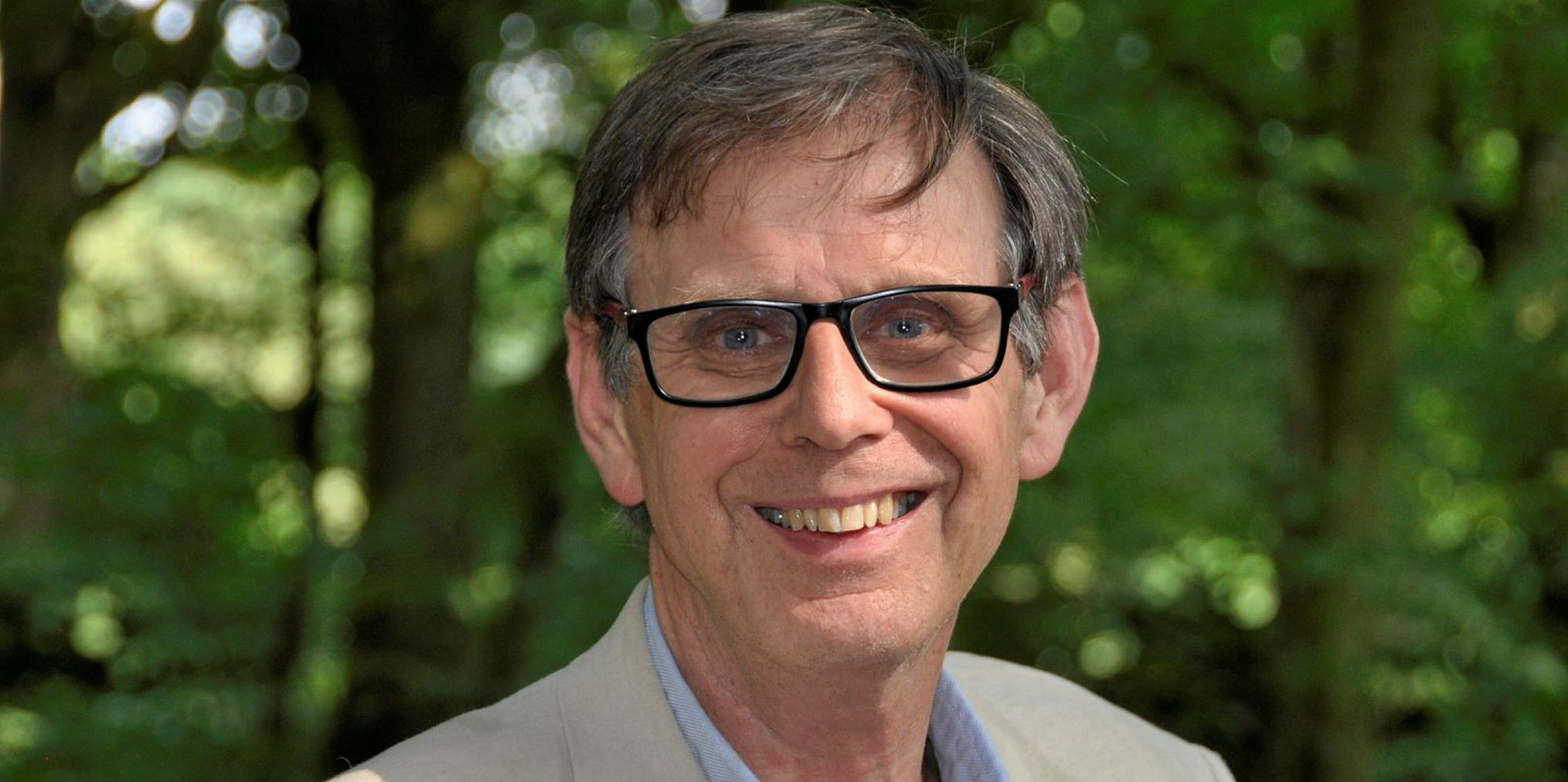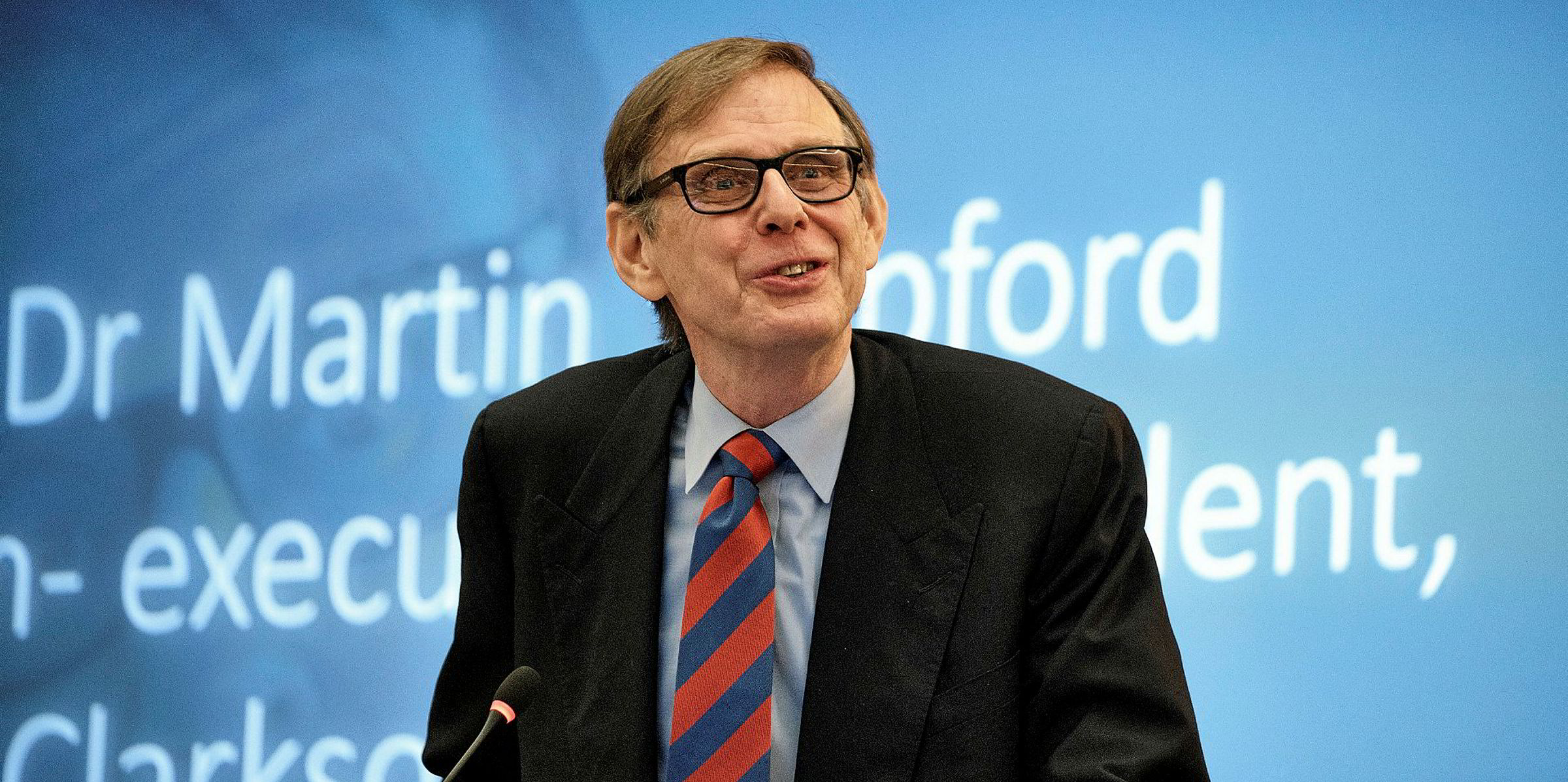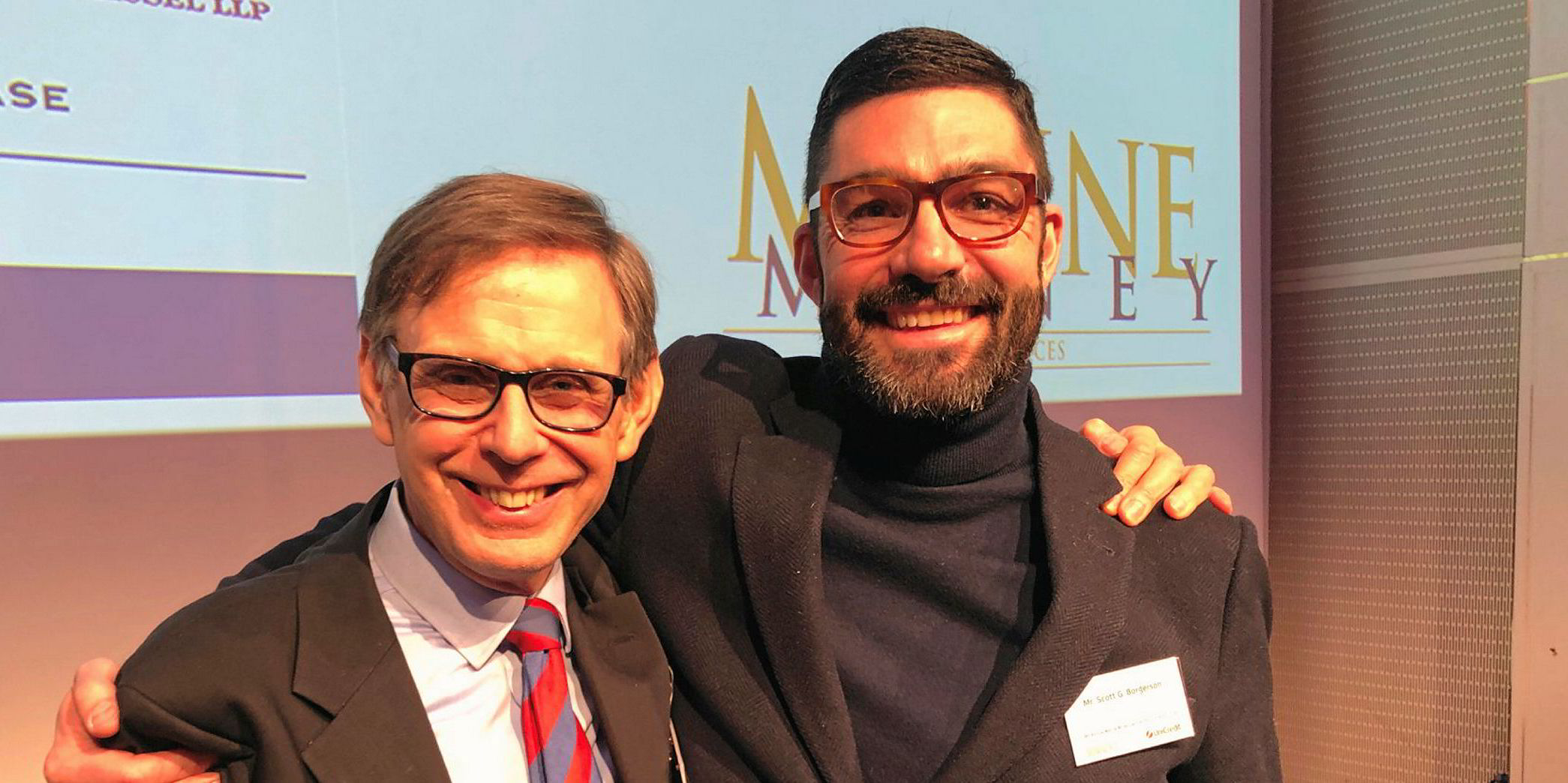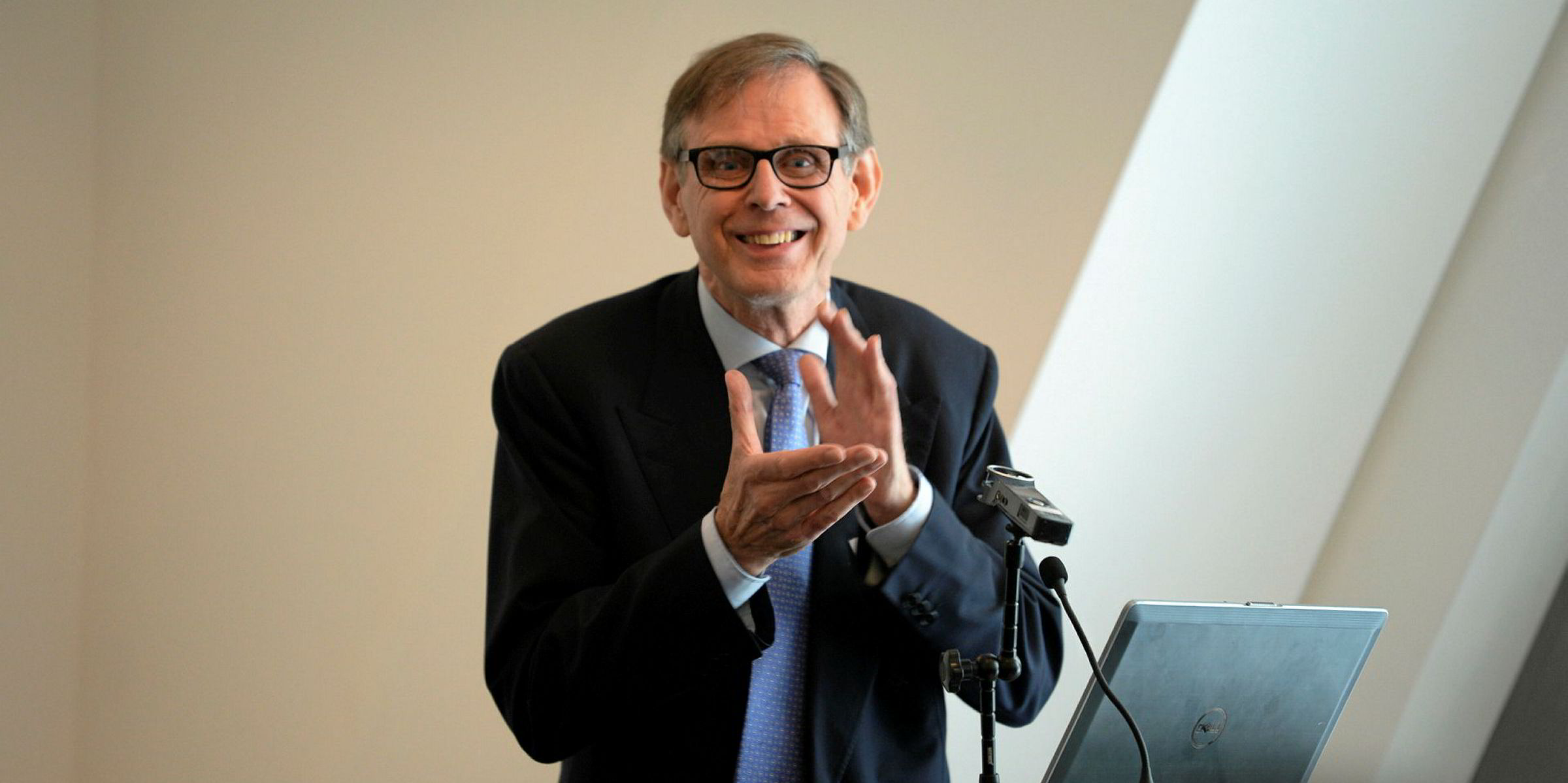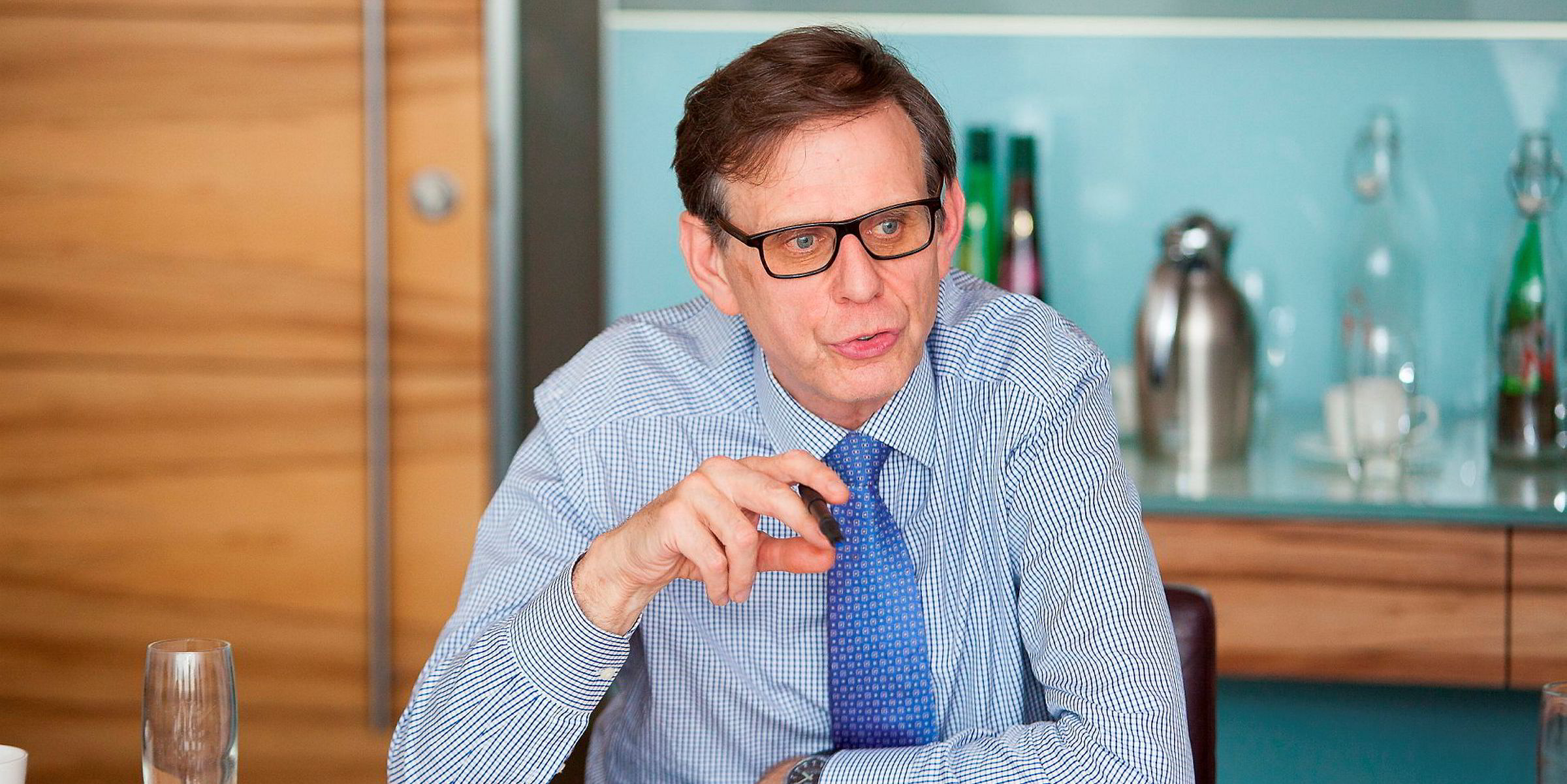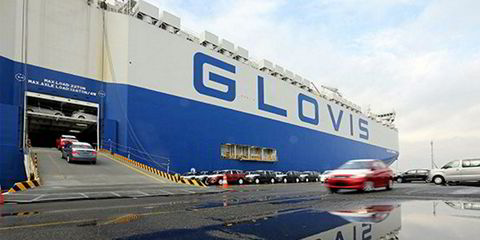We have all got a lot of questions about the future right now.
Disease, death and self-isolation have had a powerful impact on those of us who until a few weeks ago were living in a world of comparative affluence and plenty, where the biggest headache was not one of scarcity, but a bewildering excess of choice.
The coronavirus pandemic has prompted everyone to reflect on their personal lives, professional careers and values.
It is prompting us to ponder questions many have buried since those idle years of teenage angst: We all know we can do better, and be better people, but how?
Focus on survival
Of course, in the day-to-day cut-and-thrust of shipping today most people are spending their waking hours focused on survival.
Even tanker owners happy to revel in the unexpected windfall of record freight rates for oil storage know this bonanza will soon fade. And then what?
It is a question that shipping doyen Martin Stopford has been considering as he isolates at his farm in England.
The lauded shipping economist has asked how the coronavirus crisis will impact the two other key factors set to influence shipping in the next 30 years: how to cut carbon emissions to mitigate climate change, and what role smart shipping, as part of the fourth industrial revolution, will play.
I first discussed these questions with Stopford 18 months ago at the Women's International Shipping & Trading Association's global conference in Tromso, Norway.
He had set himself the challenge of answering how could shipping meet the IMO’s target to cut carbon emissions by 50% from 2008 levels by 2050.
Huge challenge
It was only as he probed the issues — and critically the potential impact of rising seaborne trade and the slow uptake of new low-carbon fuels — that the full scale of the challenge became apparent.
Ultimately, he crafted a scenario in which it was achievable, but only with the significant compromises of lower trade growth, slower ship operating speeds and colossal investment in new clean-fuel vessels.
He has now expanded those through a paper published by Informa, developed out of an interview he gave to China’s Diesel Engine Magazine last December.
While the pandemic is the dominant short-term cyclical issue, Stopford is clear that climate change is the main long-term issue.
And this is where those aspirations to be better — and to do better — come to the fore.
It is clear that shipbuilding faces a difficult few years. But even with a mid-impact slowdown, by 2050 some 2.7bn dwt of new ships will be required to cover expanding trade and replace those being scrapped.
It could provide shipyards with demand of between 150m and 250m dwt at its peak in the mid-2030s, and provide a huge stimulus for the development of new fuel solutions.
Four weddings
British film producer and social campaigner Richard Curtis has embraced the idea by urging business to "build back better".
The screenwriter of Four Weddings and a Funeral wonders whether in the aftermath of a pandemic society may be more, not less, willing to pay the price for fundamental change.
Yet governments may not be willing to ignore the need to kick-start their stuttering economies, pursue growth at any cost, and reap the unexpected benefits of cheap oil.
Financial commentator Gillian Tett believes there may be counter arguments for optimism, that political leaders may also embrace a vision of a better future.
Low oil prices may make it easier to introduce carbon taxes to incentivise cleaner operations and deepen subsidies for green fuel infrastructure.
Social acceptance
And, in the aftermath of the pandemic which has illustrated the dangers of ignoring science, society may be more willing to accept urgent advice on climate change, and pay the price that needs to be paid to avert collapse of the natural world.
Stopford believes the fuelling shift will come in three waves — first diesel, then gas and hybrid, and finally zero carbon — all integrating smart shipping technology to minimise speed and maximise efficiency.
As he says: “The real focus in the scenarios going forward is on the economic management of the pandemic and continued focus on climate change.
“I4 [the fourth industrial revolution] and new propulsion technology will also create new opportunities for adventurous investors.”
Be adventurous. Build back better.
